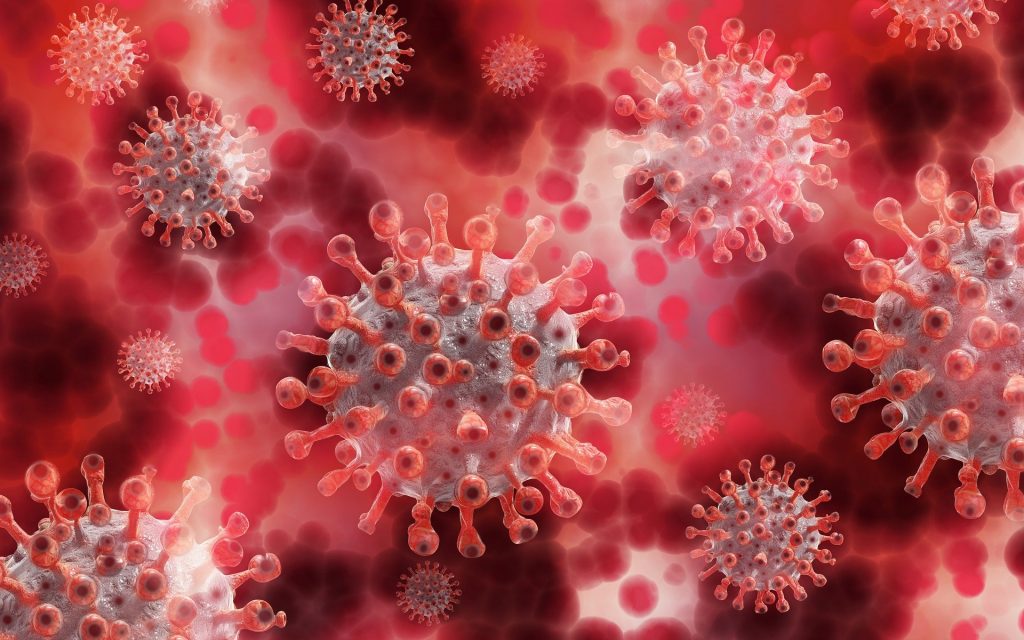 Subscribers Only
People
Subscribers Only
People 
As our lessons from lock down series continues Dr Richard Greville, Director, ABPI Cymru Wales & Distribution Supply Chain reflects on the work being undertaken by the sector
A few weeks ago, we shared an article on the work being done to by our members to find a vaccine for COVID-19. This work continues apace but is only part of the story of how the pharmaceutical industry is working with colleagues across governments, healthcare systems and academia during the current pandemic.
Pharmaceutical companies are also pioneering the development of COVID-19 therapeutics; treatments and medicines that can be used for those who contract the virus.
Our members are in a unique position to respond to the current outbreak and have been using their knowledge, resources, and experience to develop diagnostics and treatments for the disease since the beginning of the year. Pharmaceutical companies have worked previously to combat a range of infectious diseases such as MERS, SARS, Ebola and influenza, and whilst COVID-19 is a new challenge, they have the experience and tools at their disposal to deliver effective treatments globally.
By the end of March, around twenty of our members had potential medicines in various stages of development, with at least four existing treatments being tested in late phase clinical trials to treat COVID-19. Before the end of May, thanks to the joined-up efforts of industry, UK Government, the Devolved Administrations, the NHS, and the regulatory authorities the first anti-viral medicine was made available to UK COVID-19 patients under the Early Access to Medicines Scheme (EAMS) to support their recovery in hospital.
Companies are working in collaboration more than ever before and on a scale never seen before. Fifteen global companies are central to The Gates Foundation’s Therapeutics Accelerator, a public-private initiative aimed at identifying potential treatments for COVID-19, accelerating their development, and preparing for the manufacture of millions of doses for use worldwide. Similarly, fourteen pharmaceutical companies are submitting proposals to the EU’s COVID-19 Innovative Medicines Initiative (IMI) – with a total of 144 proposals from across Europe. Another collaboration involves 6 companies working together to urgently investigate the development of a new blood plasma-derived therapy, sourced from patients who are in recovery, and with the potential to treat individuals with serious complications from COVID-19.
Therapeutics taskforce
Closer to home, our industry is working with government using well-established, UK-wide channels which review, prioritise and resource clinical trials. This work is coordinated for the whole of the UK through a Department of Health and Social Care (DHSC) Therapeutics Taskforce, which provides a collective, end-to-end overview of therapeutic development, manufacture and supply. It is made up of a broad range of individuals from across governments, academia, and industry, bringing together their expertise and resources.
By working together, the Taskforce aims to ensure patients in the UK have access to safe and effective therapeutics as soon as possible. They have focussed initially on exploring the effectiveness of ‘re-purposed’ medicines that are already licensed, as these are able to be used in large scale clinical trials immediately (subject to the usual processes on ethics, safety and oversight).
Currently there are three trial cohorts – or groups – underway:
- PRINCIPLE, which is set in primary care and has over 750 sites recruiting participants across the UK and looks at already licensed medicines
- RECOVERY, which is the biggest platform with almost 10,500 participants across sites based in secondary care
- REMAP-CAP, which tests multiple drugs at once in the intensive care setting, concentrating on patients with severe community acquired pneumonia. There are over 100 active sites across the UK
The Taskforce are also collating a pipeline of more experimental drugs that may be promising but have not yet been trialled extensively (or at all). The ACCORD Programme is looking at accelerating the research and development process to assess their potential efficacy through small-scale trials (20-40 people). It is hoped that this will give an early indication of effectiveness in treating COVID-19; enabling the roll out of larger more extensive trials at pace if there are strong, positive results.
The ABPI is proud to be part of the global healthcare community, especially at times like these. Supporting our members, to work with clinicians and patients at the cutting edge of science, and deliver the innovations needed to tackle the world’s healthcare challenges, whilst continuing the safe, timely supply of medicines across all disease areas.


